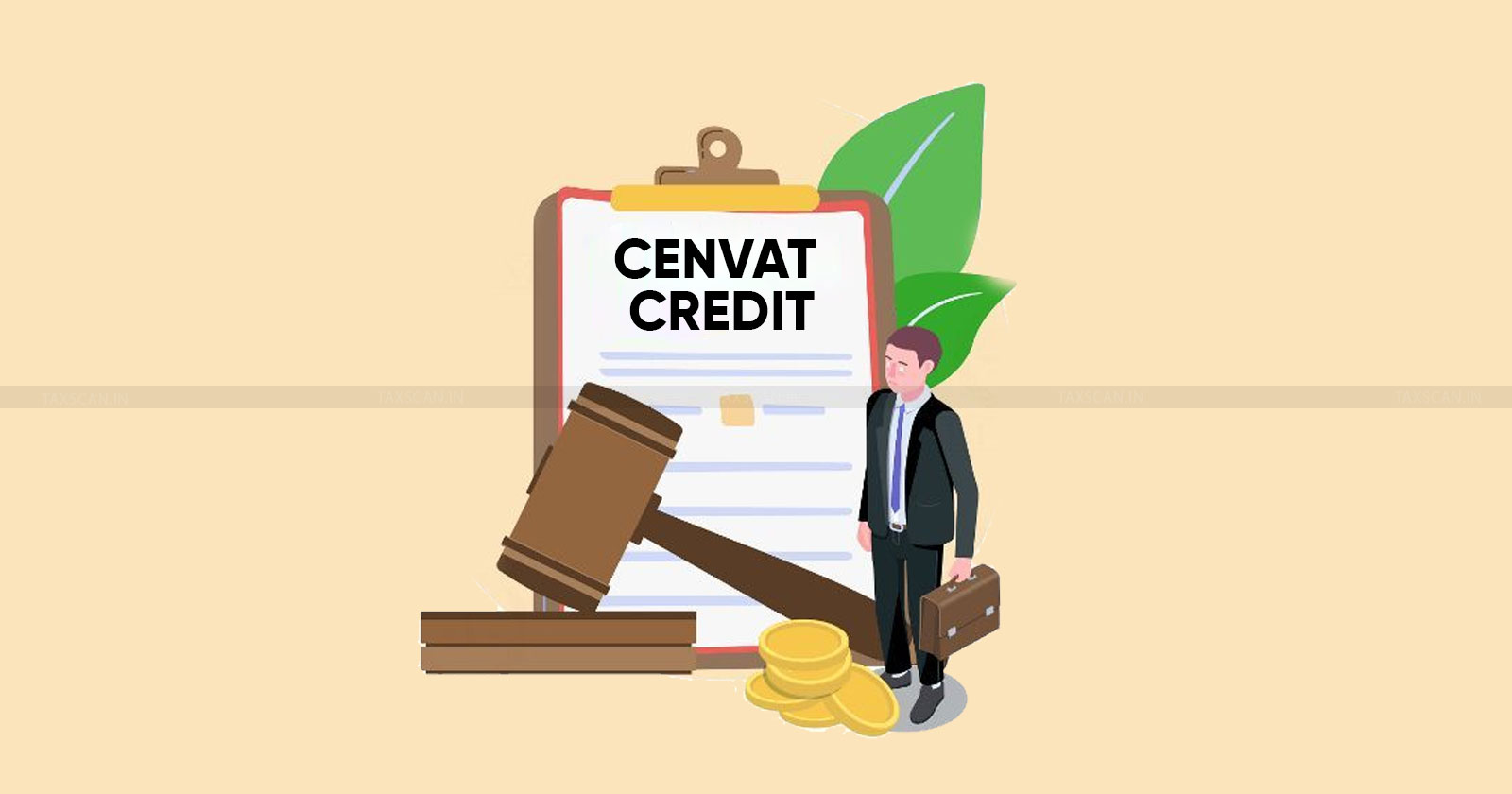Duty paid under Sugar Cess Act can be Claimed as CENVAT Credit: Calcutta HC [Read Order]
The bench rejected the revenue's appeal, concurring with the Tribunal that duty payments made under the Sugar Cess Act of 1982 could be claimed as Cenvat Credit

Calcutta High Court - Duty paid under Sugar Cess Act - CENVAT Credit - TAXSCAN
Calcutta High Court - Duty paid under Sugar Cess Act - CENVAT Credit - TAXSCAN
The Calcutta High Court stated that excise duty under sugar tax act can be claimed as CENVAT credit. It was viewed that Section 3 of the Act provides for levy and collection as a cess for the purpose of Sugar Development Fund Act, 1982, a duty of excise on all sugar produced by any sugar factory in India.
Patiala House Court grants Bail to Accused in Rs. 75 Cr Fake GST ITC Fraud Case [Read Order]
In accordance with Rule 14(1)(i) of the CENVAT Credit Rules, 2004, in conjunction with Section 11A of the Central Excise Act, 1944, the adjudicating authority ordered recovery from Diamond Beverages Pvt. Ltd., the assessee on payment of duty under the Sugar Cess Act, 1982, and denied the CENVAT credit taken by the assessee.
Master DTAA – International Taxation | Live Online Course, Register Now
The assessee was so offended that he filed an appeal against the CGST & Central Excise, Kolkata South Commissionerate's order, which was granted. A challenge to the ruling of the Customs Excise and Service Tax Appellate Tribunal, Kolkata Eastern Zonal Bench (Tribunal) has been filed by the revenue in the High Court.
CENVAT Credit Availed Without Separate Records for Exempted and Dutiable Goods: CESTAT Orders Demand Recomputation [Read Order]
The revenue argued that the cess collected under the Cess Act of 1982 and imposed under the Act does not belong to the category of an excise duty. Since it is in the nature of a fee for providing a specific service as defined by the Sugar Development Fund Act of 1982, the assessee is not eligible to get CENVAT credit.
The assessee argued that the cess imposed and collected under the Act is merely an excise tax on the sugar that the assessee produces. The Central Excise Act or any other currently enacted law that imposes an excise duty on sugar is in addition to the cess.
The assessee further argued that the Central Excise Act and its implementing rules, which deal with the imposition and collection of the sugar excise duty in the Act, are incorporated into sub-section 4 of section 3 of the Act. As a result, the assessee is eligible to receive the CENVAT Credit since Section 2A of the Central Excise Act, 1944, states that the cess paid under the Act, which is in the form of an excise duty, shall be interpreted to include Central Value Added tax, or CENVAT.
TDS 360°: Mastering Recent Amendments, Compliance & Challenges, Join Today
Non-Examination of Matter on Merits: NCLAT upholds Recall and Adjudication by NCLT [Read Order]
Chief Justice T.S. Sivagnanam and Justice Chaitali Chatterjee (Das) comprise the division bench, reffered the Belgaum vs. Shree Renuka Sugars Ltd. case [2014 (302) ELT 33(Kar.)]. where it was mentioned that Section 3 of the Act allows for the levy and collection of a cess for the purposes of the Sugar Development Fund Act, 1982, an excise duty on all sugar produced by any sugar factory in India; as a result, the cess that is levyable and collected occurs at the sugar factory during the production stage. It is referred to as a duty of excise since it is a levy on output.
The bench rejected the revenue's appeal, concurring with the Tribunal that duty payments made under the Sugar Cess Act of 1982 could be claimed as Cenvat Credit.
To Read the full text of the Order CLICK HERE
Support our journalism by subscribing to Taxscan premium. Follow us on Telegram for quick updates


